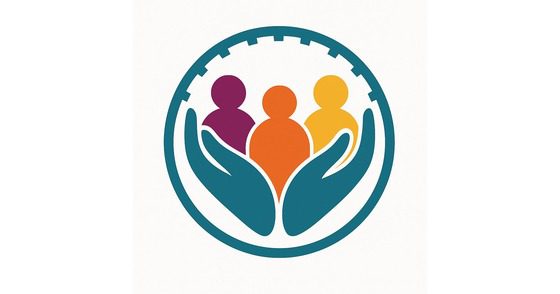Using Natural and Logical Consequences- Consequences are a result of something someone does. Parents often use natural and logical consequences as a part of their discipline techniques. This can be a very effective discipline strategy. Consequences can help children learn responsibility for their actions. It separates the action from the child and does not shame or punish the child since the child makes the choice and gets to experience the results of her actions. When the result of the child’s action is negative, the child has to deal with that result.
First, let’s talk about the difference between a natural and a logical consequence. Natural consequences happen without the parent doing anything. If your child doesn’t want to wear a coat on a cold or rainy day, and he goes outside he will get cold or wet. The parent did not have to do anything, the consequence happened because of the child’s decision not to wear a coat. The hard part of letting the child experience a natural consequence for the parent is that the parent does not want the child to get cold or wet in the weather, so parents often insist that the child wears a coat for his own good. If you safely can, let the child make the decisions and let him experience the consequences of his decision.
Logical consequences are imposed as a result of the child’s actions by the parent. One way to think of this is if you break it or mess it up – you fix it or clean it up philosophy. The parent has to decide on a consequence for an action and then allow the child to experience the consequence. Logical consequences work best if they are discussed with the child beforehand and are not too lengthy. A good example of a logical consequence would be if your child threw his ball into the street after being reminded of the rule to only throw the ball in the backyard. In this case, the parent would take the ball away for a short time, maybe an hour. Or a child could color on the table after being told to only color on paper. The child could lose her crayons for an hour and have to help the parents clean up the mess. Or you could have a child who refuses to eat dinner, a logical consequence could be that the child cannot have dessert. Consequences that are tied directly to the action work best.
Talking to kids about using logical consequences before your child misbehaves is best. Identify a problem behavior and talk to your child about the behavior. If possible, write the rule you want the child to follow down and post it and the consequence for breaking the rule. Your rule may be “play with balls only in the backyard” or “you must eat dinner before you eat dessert.”
Discuss the rules with your child, and then explain what the consequences will be for breaking the rule. Then, if the rule is broken and your child takes the ball into the front yard and throws it across the street or refuses to eat dinner, the parent must calmly remind the child of the consequence for breaking the rule and tell the child that she has a choice. Your child may choose to eat dinner so she can eat the dessert, or he may choose not to eat dinner in hopes that you will let him eat dessert if he says he is still hungry. As a parent you have to be firm with your child and follow through on the consequence, even if your child is uncomfortable. Don’t nag, lecture or argue with your child about the consequence. Just remind him that he made a choice, and he can make a different choice next time if he does not like the results of his choice. In this way, your child can learn responsibility for his actions and will come to understand that the choices she makes have consequences.

















